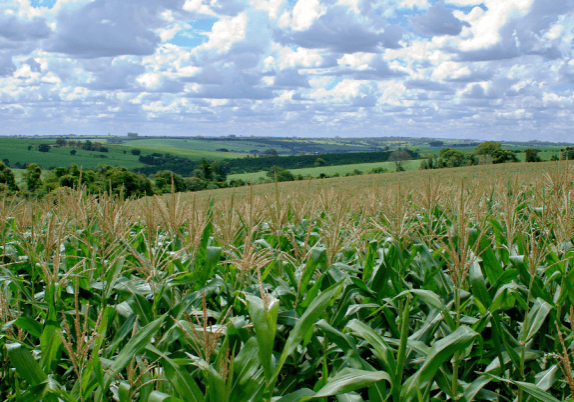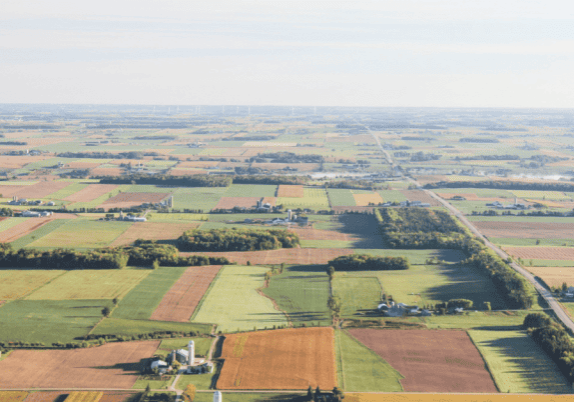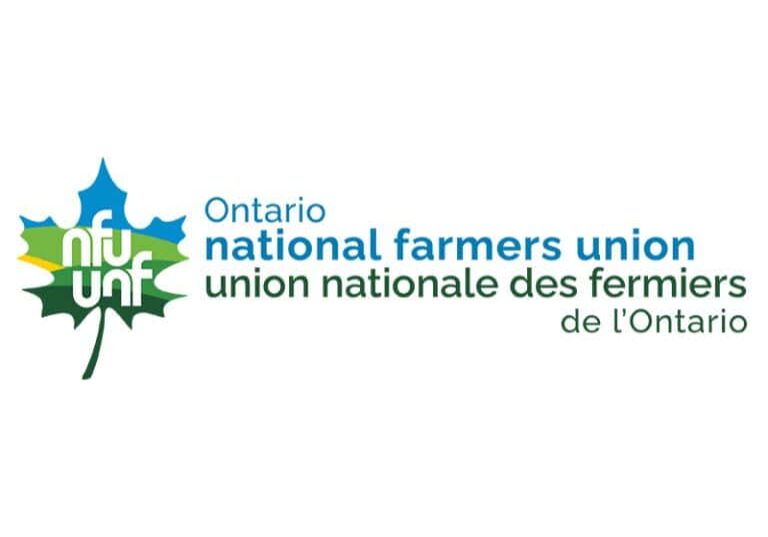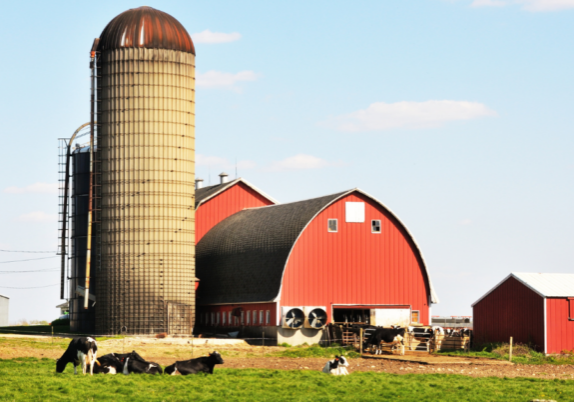NFU- O’s Response to Bill 66: Restoring Ontario’s Competitiveness Act
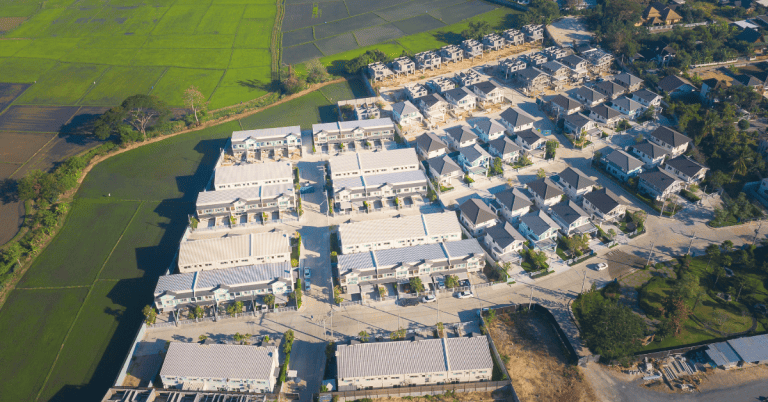
January 16, 2019
RE: 013-4293 Bill 66: Restoring Ontario’s Competitiveness Act, 2018; 013-4125 Proposed open-for-business planning tool; 013-4239 New Regulation under the Planning Act for open-for-business planning tool
While the National Farmers Union-Ontario appreciates the government’s desire to cut excessive regulations, farmland and source water protection are not red tape, and we strongly oppose several aspects of Bill 66, Restoring Ontario’s Competitiveness Act, 2018. This Act proposes to keep Ontario “open-for-business,” yet many pieces of it would limit the ability of farmers to remain “open-for-business.” Instead, regulations such as the Clean Water Act, Provincial Policy Statement, and Greenbelt Plan provide a long-term vision for a healthy prosperous Ontario and provide much needed long-term protections of farmland.
The NFU-O is an accredited farm organization whose members work together to advocate for policies that maintain family farms as the primary food-producers in Canada. The NFU-O believes agriculture should be economically, socially, and environmentally sustainable and lead to enriched soils, biodiverse ecosystems, financially-viable farms, healthy and safe food, and thriving rural communities. The NFU-O collaborates locally, nationally, and internationally to research, educate, and share effective solutions that lead to a better world for farm families and their communities.
We outline our concerns below and trust that they will be considered with respect to all three relevant ERO postings (i.e., 013-4293, 013-4125, 013-4239).
Open for farm businesses
Agriculture is a significant contributor to Ontario’s economy. According to the most recent census statistics, agriculture and agri-food employment is 11 per cent of the total employment rate and contributes approximately $39 billion to the province’s annual GDP. Yet, farmland acreage decreased by 11% from 1996 to 2016, and according to the Neptis Foundation, “Only 5% of the Canadian land mass is made up of prime [farm]land.”
Farmland constitutes about half the land area of the Greater Golden Horseshoe and represents one of the most important economic sectors of the region. In 2011 alone, agricultural production in the GGH brought $6.3 billion into the economy. It is also a significant employer, with 35,000 employees in 2011, representing 39 per cent of Ontario’s employment in this sector. The Greenbelt farms are particularly productive, for a variety of reasons, and produce an average of 55 per cent of Ontario’s fruit and 13 per cent of its vegetables.
The more farmland lost to speculation and developers the less is available to existing and potentially new farmers. One of the major impediments to new farmers wanting to enter the business is the cost of land.
By allowing municipalities to pass bylaws that would exempt developers from compliance with higher order planning documents and legislation, Bill 66 would reduce farmers’ access to an already limited resource and, at worst, displace farm businesses and limit the possibility of economic growth, not only of the agriculture sector, but of the province as a whole. Prime farmland is not a renewable resource.
Because no advance public notice is required prior to the passing of an open-for-business bylaw and because there is no right of appeal to the Local Planning Appeal Tribunal, many farmers may not know what is being proposed for bordering farmland and how it could impact them. Depending on the type of development, farmers may face complaints due to noise of farm machinery or smells from livestock, or they may have to deal with runoff or issues with source water or drainage due to the changes on a neighbouring property.
In the report on 2017 farmland prices, Farm Credit Canada confirmed that Ontario farmland values as compared to production capacity have now diverged, meaning non-farming speculation is continuing to drive land value. The NFU-O is very concerned that Schedule 10 of Bill 66 would exacerbate the speculative valuation of farmland even higher.
Farmland is vital to farmers and communities. It is vital to food production. It is vital to every single Ontario resident. It sustains us all by providing healthy food and clean water and should be afforded the respect it is owed.
Municipalities
We have heard from municipalities expressing concern over the impacts of an open-for-business bylaw on their region. They feel that their desire to protect drinking water, farmlands and natural areas, and ensure public input and transparency in decision-making is under pressure with these proposed changes. The mayors of Hamilton and Burlington have said they oppose the legislation and would not support its use; however, both mayors could be outvoted by their councils under pressure from developers.
Land and water do not follow municipal boundaries, and open-for-business bylaws have the possibility of pitting municipalities against each other in a race to the bottom. By eliminating a municipality’s requirement to consult with neighboring municipalities, one’s decisions could impact the other’s water quality and ability to care for its residents. Many municipalities are already experiencing increased pressure by developers who have “leapfrogged” over protected areas, such as the Greenbelt.
As well, we have heard from certain municipalities that many have a surplus of employment lands and would like to see major development occurring on employment lands already set aside beyond the boundaries of wellhead protection areas or intake protection zones under their official plans, which were developed through community consultation.
Additionally, because many rural municipalities are already cash-strapped, the NFU-O worries that they may be willing to compromise on good planning to bring in additional revenue, nor will they have resources to fight developers who are requesting exemptions.
As Ontario Nature puts it, “[Bylaws] passed behind closed doors would trump laws, policies and municipal official plans developed through extensive and open public consultation. Communities would have no recourse to influence or challenge them.”
Experts and Public Consultations
As an organization who has participated in numerous stakeholder consultation sessions regarding the Growth Plan, Greenbelt Plan, Agriculture Systems and more, advocating for land use planning that promotes an economically and environmentally sustainable agriculture and agri-food sector, the NFU-O is also concerned that municipal councillors, who may not have any land-use planning experience or knowledge of the agriculture sector, would be allowed to develop bylaws that override Acts and Regulations that were written in consultation with and by experts, in particular the Clean Water Act, which was developed after the deaths in the Walkerton tragedy.
Farmers rely upon safe water for their livestock and crops, and all of Ontario’s citizens require safe drinking water. It makes economic sense to protect drinking water since it is much more expensive to clean up contaminated drinking water sources or to build new infrastructure. The recent water crisis in Flint, Michigan and our own Walkterton tragedy serve as reminders that source water protection needs to remain a high priority for all levels of government.
As a government that prides itself on being “for the people,” you recognize the value of public input that has gone into creating these Acts. These consultations were created for all the people of Ontario.
The Ontario Farmland Trust has laid out actions that can “improve the business environment in the province and attract investment in the agri-food sector, which include:
– Coordinating the actions of provincial ministries so they work as a team to facilitate appropriate development
– Adopting an online ‘single portal’ approach to planning applications, approvals, and communications between government agencies and applicants
– Providing greater recognition and promotion of the agri-food sector as an economic engine in the province
– Promoting job creation and investment opportunities that recognize and support agricultural business potential in rural areas. Farmland is rural employment land and employment in one sector should not place jobs at risk in another, which is the current reality of Schedule 10 given the risks it will create for agricultural viability.
– Creating land-use certainty by using existing planning or policy tools to permanently protect critical sector resources including farmland and the agricultural system.”
The NFU-O supports these recommendations and would be happy to work with the province to develop them further.
We propose that if this province wants to remain open for business for farmers, it will not allow municipalities to undo years of work and public consultations that created the Regulations and Acts that protect the very core of our businesses: farmland and water. We strongly recommend that Schedule 10 be immediately abandoned or withdrawn from Bill 66 by the Ontario government.
Sincerely,
Emery Huszka
NFU-O President
